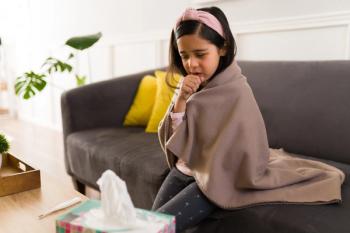
Tina Q. Tan, MD, FAAP, FIDSA, FPIDS, discussed the potential threat of a “triple epidemic” of RSV, influenza, and COVID-19, and how pediatricians can identify these viruses in their communities.

Tina Q. Tan, MD, FAAP, FIDSA, FPIDS, discussed the potential threat of a “triple epidemic” of RSV, influenza, and COVID-19, and how pediatricians can identify these viruses in their communities.

Learn about the most recent news discussed at the 2022 AAP National Conference and Exhibition.

Lisa Hunter Romanelli, PhD, CEO of The REACH Institute, discusses how the mental health crisis in children has been addressed in the year since the crisis was declared by the American Academy of Pediatrics.
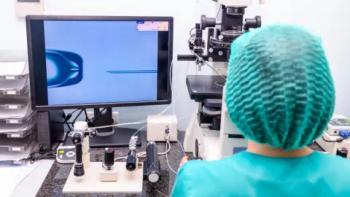
Racial and ethnic disparities in adverse perinatal outcomes were significantly greater among women who used medically assisted reproduction (MAR) than those who conceived spontaneously, according to a study published in the journal Pediatrics.
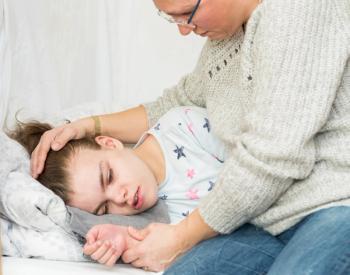
Elia Pestana Knight, MD; and Whitney Mitchell discuss how CDKL5 deficiency disorder affects children, and how ganaxolone (ZTALMY; Marinus) can drastically improve and even save lives.

Physicians, hospitals and health groups press Congress on big issues before term ends.

Cyberattacks on healthcare networks have increased exponentially in recent years, but there are steps to protect your practice.

In a recent study, adolescents, who received weekly doses of semaglutide 2.4 mg alongside lifestyle intervention, saw a significantly greater reduction in body mass index by week 68 than those only given lifestyle intervention.

In a recent study, patients with low amounts of screen time following concussion had similar rates of symptoms as those with high amounts of screen time.
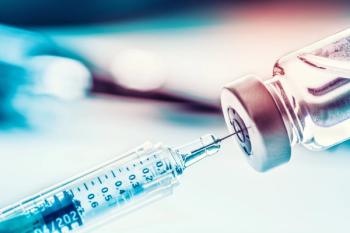
Despite vaccine effectiveness against human papillomavirus, many individuals do not receive vaccination prior to sexual debut, as recommended by the ACIP.
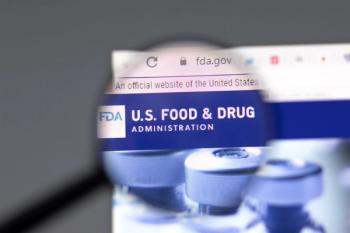
The FDA recently approved a drug treatment for HBV infection for pediatric patients 12 and older with compensated liver disease.

Wendy Chung, MD, outlines the goals of the GUARDIAN study and how whole genome sequencing can improve screening in newborns,

This month’s top news stories.
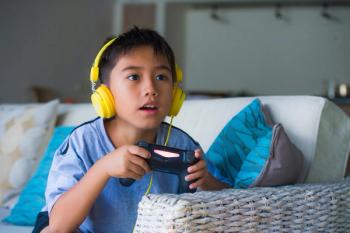
In a recent study, children who played video games had greater brain activity compared with those who did not play video games.

In study, use of text messages reduced post-discharge ED admissions and hospital readmissions
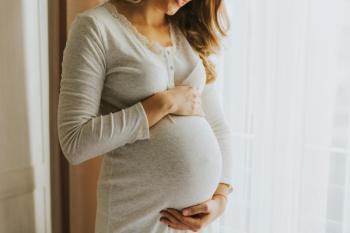
In a recent study, immigrant women were less likely to receive access to timely prenatal care than women born in the United States.
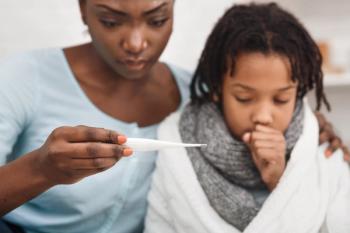
In 2022, Chile saw an influenza season with atypical timing and severity, indicating similar cases may occur in regions such as the United States.

Seven priority areas established to strengthen the health care workforce
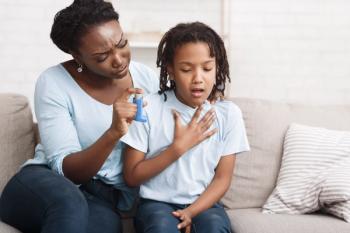
The CHILDhood Asthma Risk Tool has been consistent in diagnosing risk of persistent wheeze or asthma development in children aged as young as 3 years.
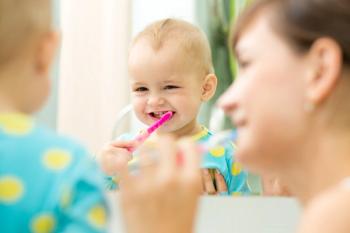
Margaret Scarlett, DDS, and Michelle Strange, MSDH, RDH, outline how a mother's oral health can affect the oral health of her unborn child, and how teledentistry can help mothers access the care they need for themselves and their children.

A recent review highlighted potential methods of managing infantile epilepsies, including levetiracetam, ketogenic diet, modified Atkins diet, and surgery.
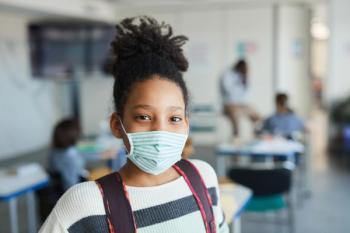
In a simulated back-to-school trial, rate of hand-to-face contact among students wearing face masks did not differ from those without face masks, and risk of infection did not increase.
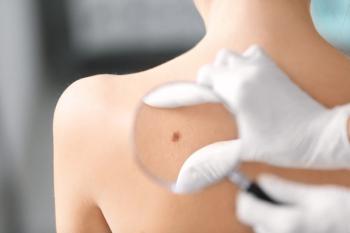
In a recent statement, the US Preventative Services Task Force outlined recommendations for adolescents and adults on screening for skin cancer.

New research suggests the sleep quality of caregivers and patients with atopic dermatitis (inadequately-controlled with topical therapies) may improve with dupilumab treatment.
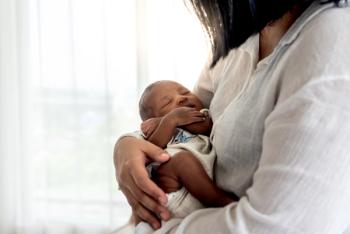
In honor of Sudden Infant Death Syndrome (SIDS) Awareness Month, we revisit some of this year’s top SIDS articles.

Kai Ling Kong, PhD, MS, discusses the results of a recent study revealing that music intervention can be used to prevent obesity in children.

In a recent report, the American Academy of Pediatrics outlined how burnout affects pediatricians and what steps pediatricians can take to avoid burnout.

In a recent poll, only 1 in 5 parents believed it is unsafe for children to take medicine past its expiration date, while many did not know how to properly dispose medicine.

The Centers for Disease Control and Prevention released a Vital Signs report revealing that many children with sickle cell anemia do not receive stroke screening or necessary medication.
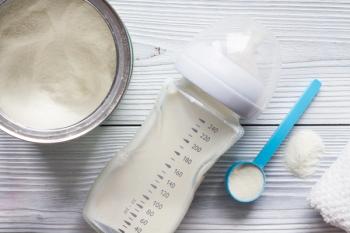
The US Food and Drug Administration recently outlined the risks and symptoms of Cronobacter infection in young infants, and how to reduce risk of infection.